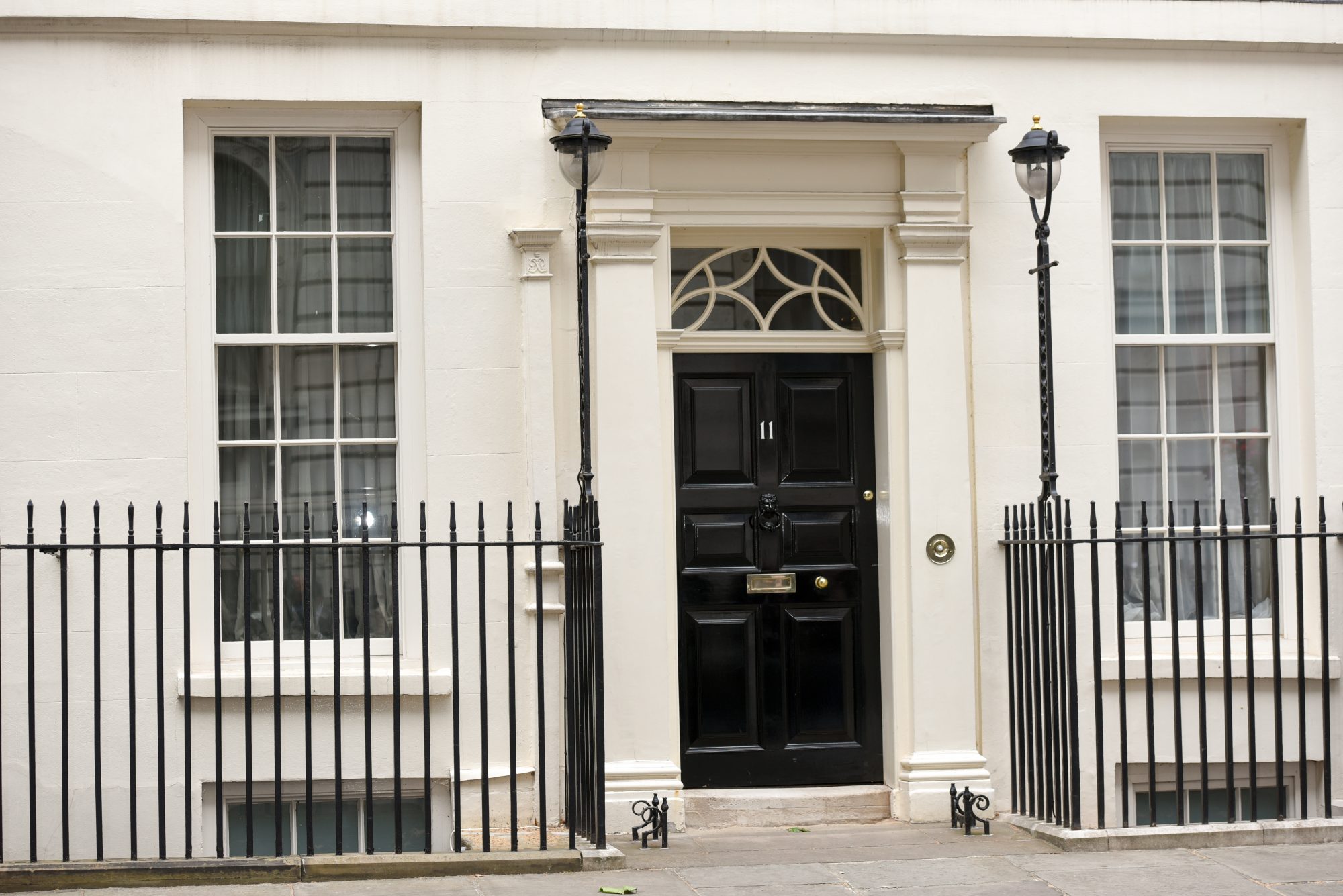At the summer statement on Wednesday 8 July 2020, the Chancellor announced a handful of measures that he felt would help create jobs and mitigate the formal end to the furlough scheme.
Before announcing the measures, Mr Sunak made it clear that the Jobs Retention Scheme could not and should not go on forever, even though it had been a lifeline for millions and had undoubtedly avoided hundreds of thousands of redundancies. He said that continuing furlough may appease his critics, but it risked creating skills issues for those not in work for an extended period and was providing false hope. He wanted to restore the “nobility of work”, incentivise employers to bring workers back from furlough and create new job opportunities, in particular for those aged 16-24 yrs at risk of long-term unemployment.
Job Retention Bonus Scheme
So, the current job retention scheme will close at the end of October 2020, with flexible furlough and reduced subsidies in place for the final quarter of its operation. After that, the Chancellor wants to encourage employers to bring employees back from furlough and has therefore said that the Government will pay a £1,000 bonus for each employee that is successfully returned from furlough.
To qualify for the bonus, the employee must:
- be employed continuously from the end of the retention scheme in October, through to the end of January 2021
- must earn above the Lower Earnings Limit (£520 per month) on average across the same period
Qualifying bonus payments will be made in February 2021. HM Treasury will be publishing further details on the scheme by the end of July 2020.
The Kickstart Scheme
In a second announcement, focused on creating brand new jobs for young people, Rishi Sunak announced the Kickstart Scheme, a £2 billion fund to create hundreds of thousands of high quality 6-month work placements aimed at those aged 16-24.
The funding will be used to cover 100% of the relevant National Minimum Wage for the first 25 hours a week, along with the associated employer National Insurance contributions and employer minimum automatic enrolment contributions. Employers can top this up and offer additional hours at their own cost.
The Kickstart Scheme is primarily designed to support younger people who are on Universal Credit and are deemed to be at risk of long-term unemployment. Research has identified this group to be the most likely to suffer the greatest long term impact as a result of the Covid pandemic, ultimately resulting in them having lower earning potential over their working lifetime.
Additional careers funding
As well as his two major funding schemes the chancellor also announced:
- Payments for employers who hire new apprentices – The government will introduce a new payment of £2,000 to employers in England for each new apprentice they hire aged under 25, and a £1,500 payment for each new apprentice they hire aged 25 and over, from 1st August 2020 to 31st January 2021
- Greater support for both the private sector and the Department of work and Pensions to deliver job finding and careers services
- High quality traineeships for young people – The government will provide an additional £111 million this year for traineeships in England, to fund high quality work placements and training for 16-24 year olds
Full details of all the schemes and job related announcements can be found here.
